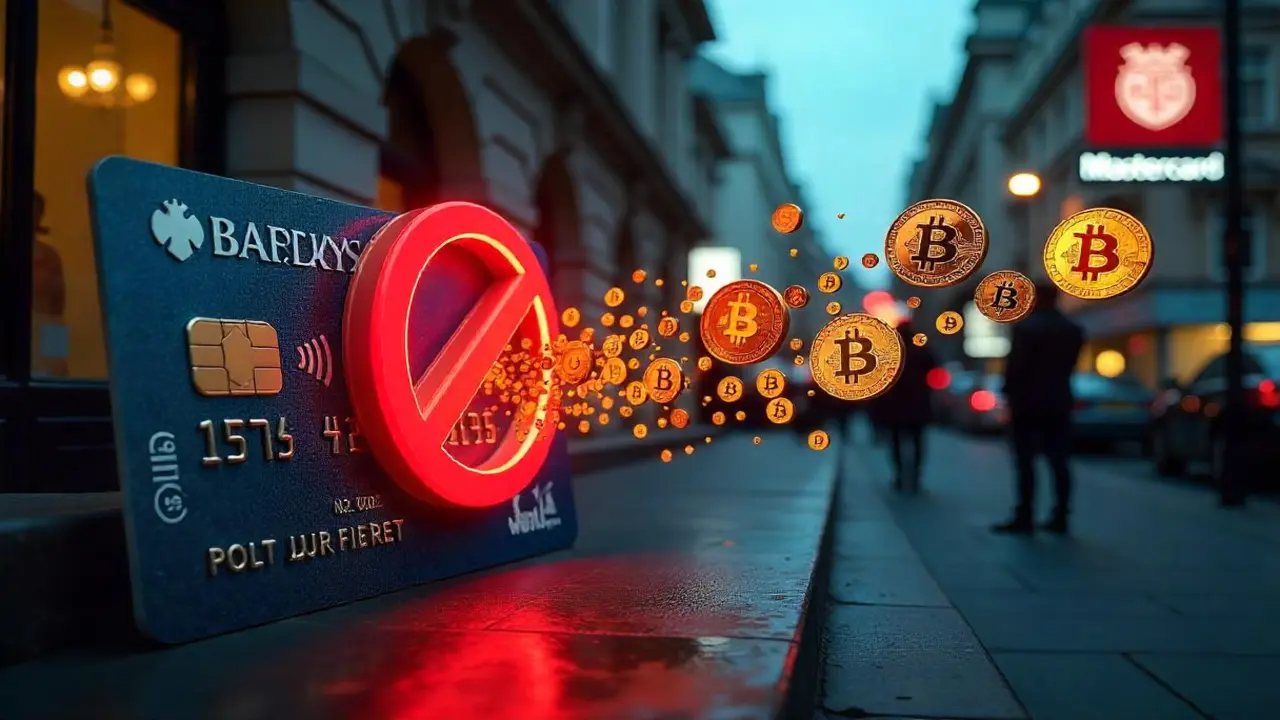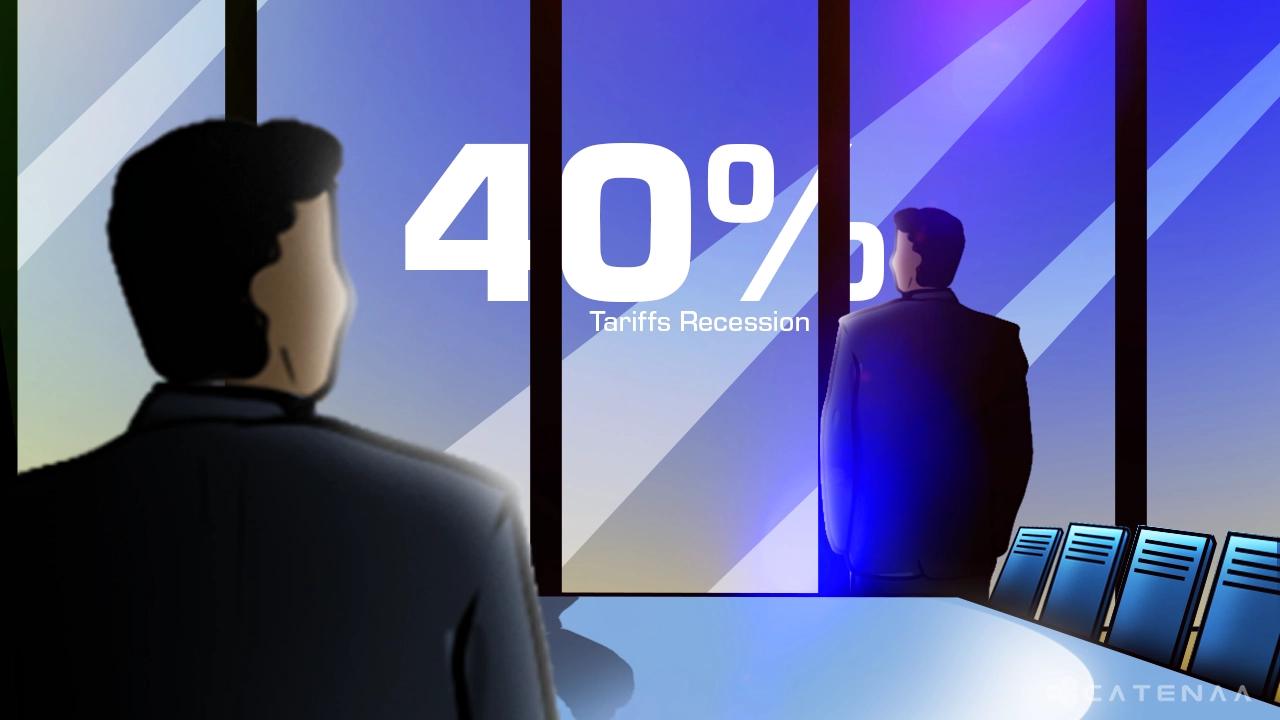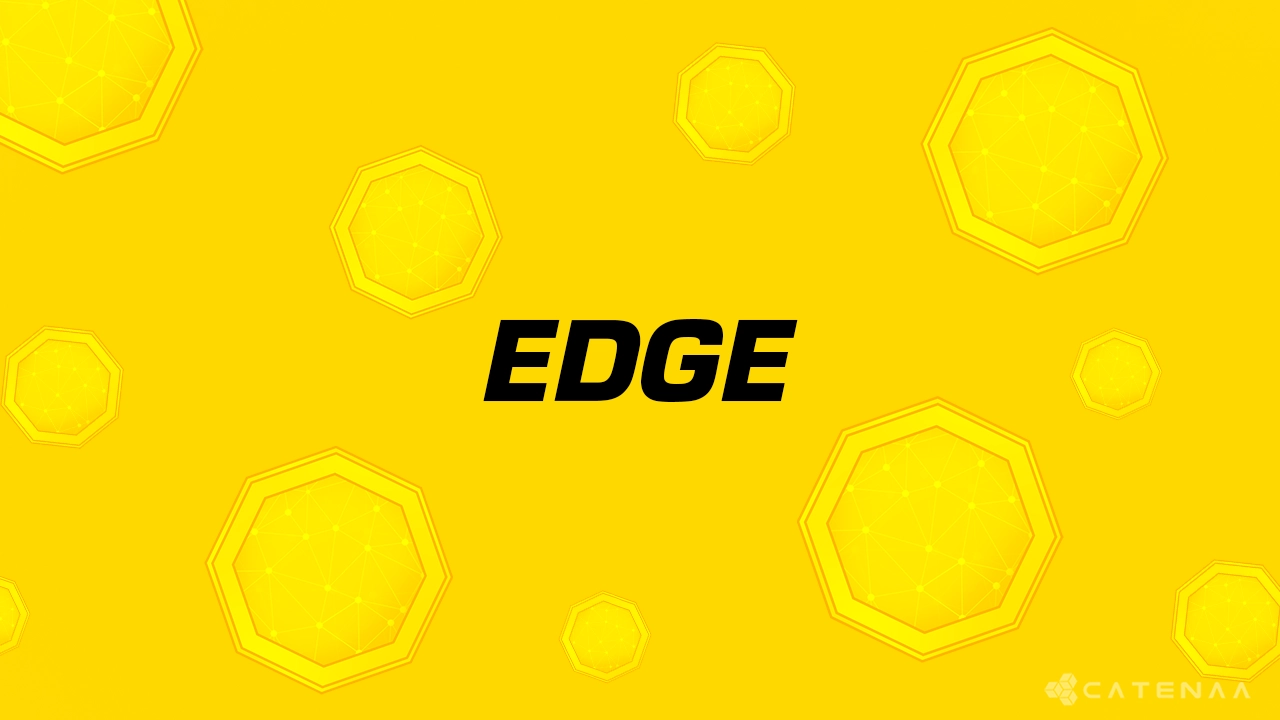Catenaa, Thursday, June 26, 2025- Barclays has announced that it would prohibit credit card purchases of cryptocurrencies from tomorrow June 27, citing consumer protection risks, price volatility and rising fraud.
The UK-based banking giant said crypto transactions pose heightened dangers due to the lack of coverage under the Financial Ombudsman Service and the Financial Services Compensation Scheme.
Barclays warned that such purchases could expose customers to significant losses and unmanageable debt.
“There’s no protection for crypto assets if something goes wrong,” the bank stated in a notice posted to its help page, underscoring the absence of safeguards available in traditional financial services.
You can see the statement in full here.
Barclays joins a growing list of British lenders tightening access to digital assets.
JPMorgan Chase’s UK arm imposed a similar restriction in 2023, while Lloyds Bank and TBC Bank have also blocked crypto payments made with cards.
These moves follow mounting concerns over scams, volatility and inadequate regulatory oversight in the crypto market.
The clampdown comes even as payment networks expand crypto capabilities.
On Monday, Mastercard announced a partnership with Chainlink to allow fiat-to-token swaps directly on blockchain networks, demonstrating continued momentum for digital asset integration.
Barclays’ new rule applies exclusively to credit card transactions.
It did not clarify whether debit card purchases or bank transfers would also face new restrictions.
Analysts see this as an indication of ongoing friction between legacy banking institutions and emerging crypto finance as regulators push for clarity and consumer safety measures.


